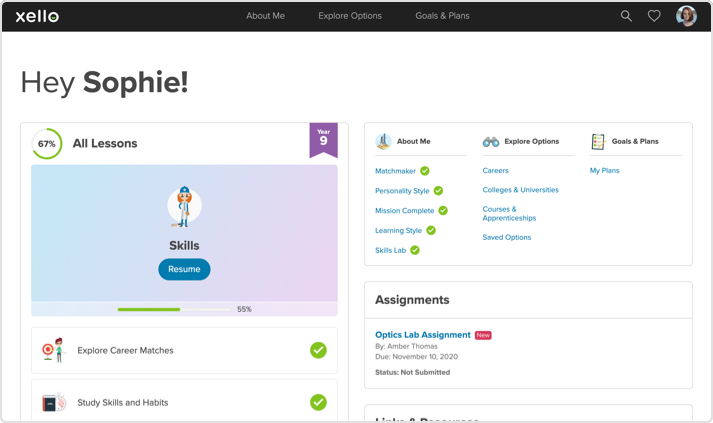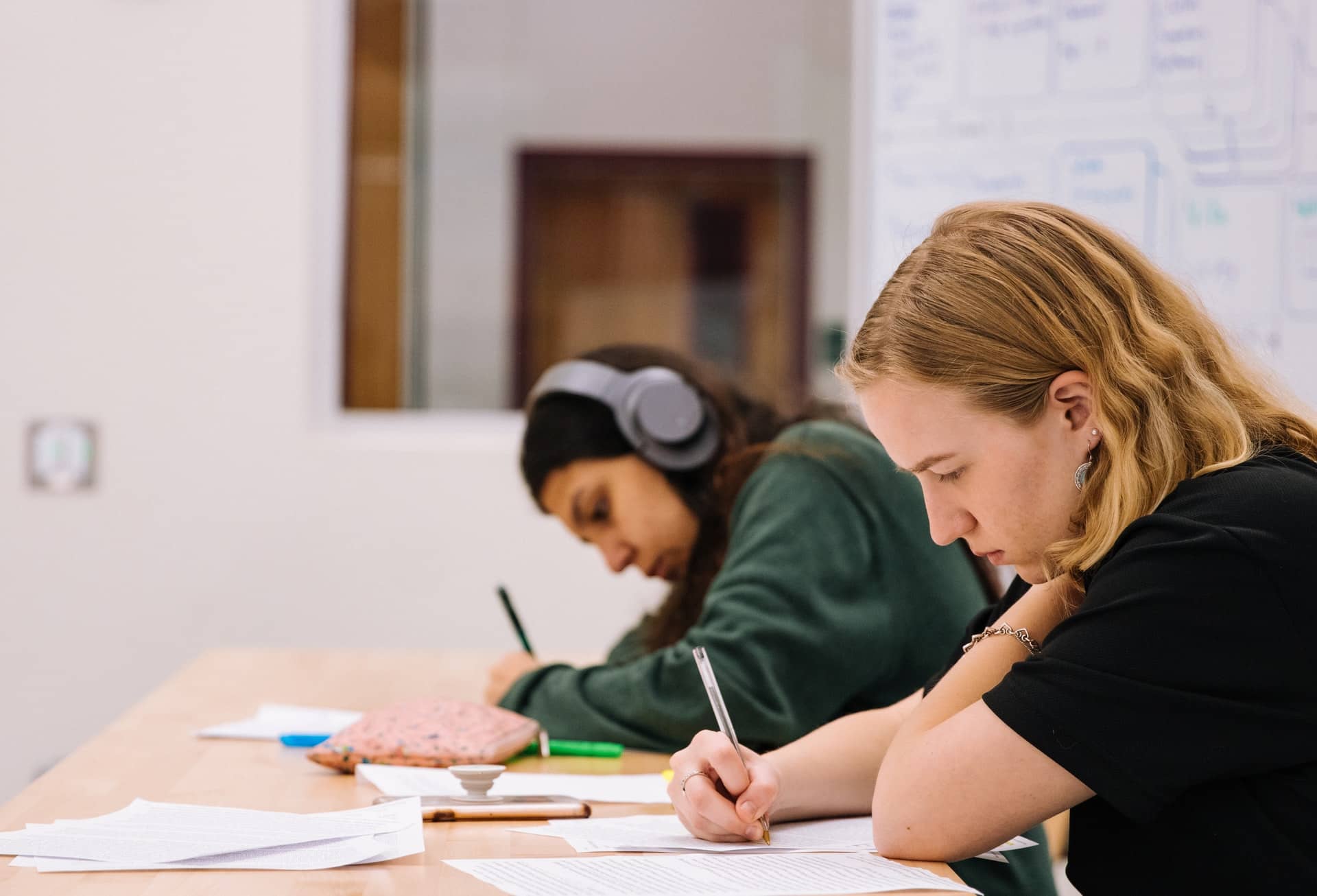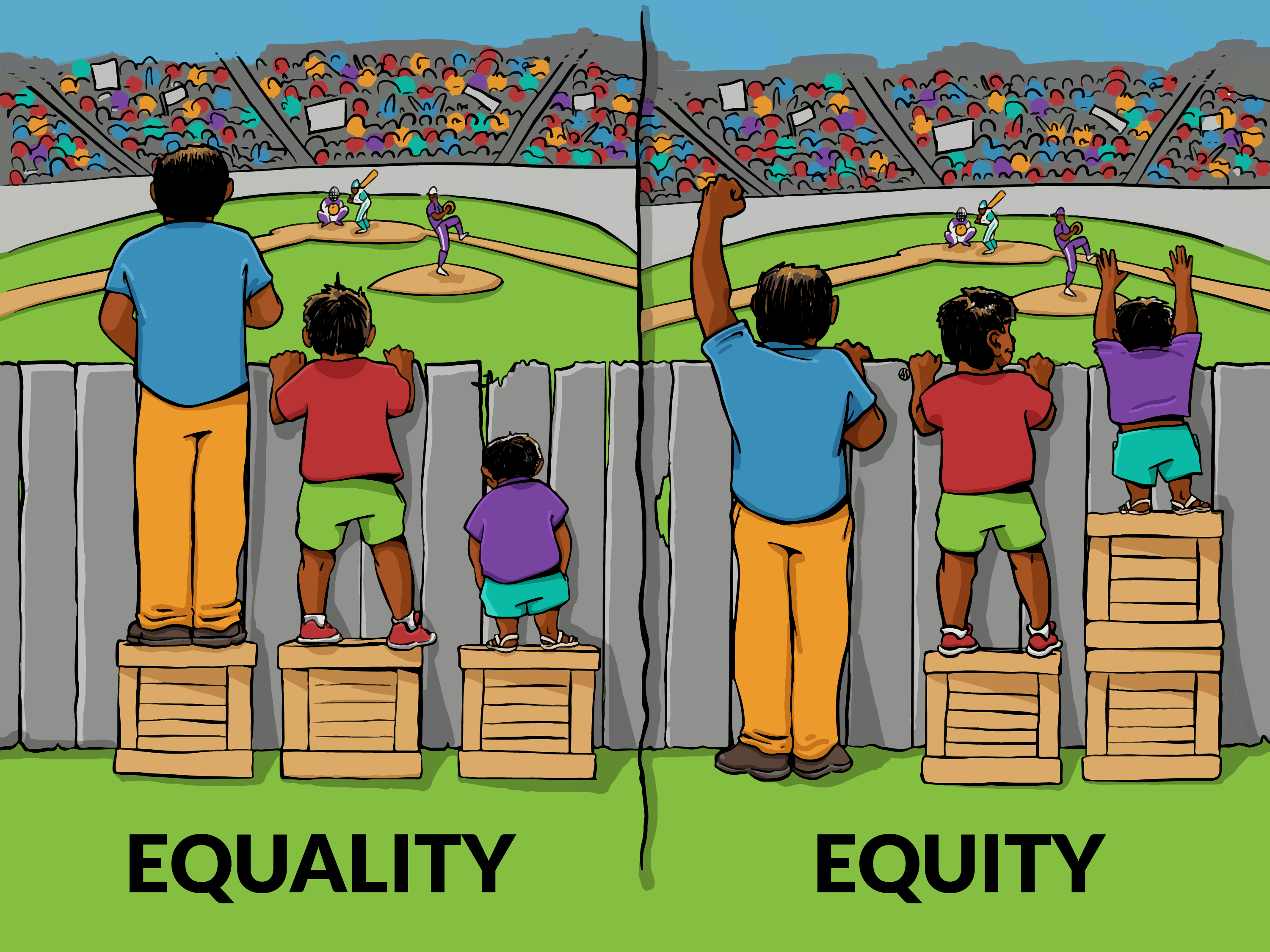Why Personalised Guidance Matters to Careers Education and How to Conduct a Successful Interview
The start of a new academic year is always an exciting and anxious time for students. This is particularly true of those beginning years 11 and 13, when big decisions are faced.
However, a well-planned career guidance interview can help turn these periods of transition into a time of positive reflection and inspirational future planning.
In this article, we will discuss personalised career guidance, and provide you with 5 tips for conducting a successful career guidance interview.
What is Personalised Guidance?
In 2017, the Government placed the recently published Gatsby Benchmarks at the heart of its 2017 Careers Strategy. This strategy was charged with the task of raising the quality of careers provision in England.
There are 8 Gatsby Benchmarks, each one focusing on a specific area of school life, and careers education. In this article we will be looking at Gatsby Benchmark 8, Personal Guidance.
Gatsby Benchmark 8 states that, “every pupil should have opportunities for guidance interviews with a careers adviser, who could be internal (a member of school staff) or external, provided they are trained to an appropriate level. These should be available whenever significant study or career choices are being made.”
As a careers leader, it is your remit to ensure that you achieve the Gatsby Benchmarks in your school or college. Career guidance interviews, with an internal or external careers adviser, form an important part of that remit.
Many schools and colleges hold their career guidance interviews early in years 11 and 13 – a time when key post-16 and post-18 decisions are made.
One of the key stipulations made by the Career Development Institute (CDI) is that “all advisers employed or contracted to provide career guidance to young people should hold an appropriate professional qualification in career development and be registered on the UK Register of Career Development Professionals.”
If you’re looking for support conducting your one-to-one guidance interviews, you can refer to the UK Register of Career Development Professionals.
Delivering Personalised Guidance – 5 Top Tips
1) Preparation
Make sure students are fully prepared to make the best use of the interview time. Let them know what to expect, and then they can prepare beforehand.
Students can use Xello to explore their options before the interview to give themselves a head start. The matchmaker quiz can suggest careers which fit in with their likes and dislikes. They can also discover their own personality and learning styles, and use Skills Lab to assess their skills requirements.
Also help the career guidance professionals by supplying a record of a student’s academic learning, to help tailor the interview. As a result of careful planning, valuable time can be spent setting realistic, personalised targets.
2) Structure
It is important to follow a well thought out structure, which keeps the focus on the student and their issues. Make sure the interview covers all the key points, so that the students can receive personalised advice and guidance.
3) Impartiality
It is very important for a guidance interview to be impartial; in other words, you should avoid recommending one route over another.
Students should be encouraged to explore different routes objectively. Very rarely is there a single option. It is important for interviews to remain impartial.
One way to ensure you’re providing impartial options for students to explore is to lean on careers education and future readiness software, like Xello.
4) Summarise and Reflect
Students need to leave the interview with a clear picture of what has been discussed. They need to be able to easily connect to the issues that were raised. Spending a period of time at the end of the interview summarising will help with this process, reinforcing the message.
5) Post Interview
After the interview has finished, students need to feel motivated to continue their careers-based research and planning. This can be done by creating a personalised action plan. Encourage the students to take ownership of their actions. It is their future after all!
Students can use Xello to research and investigate their career and future study ideas. They can discover the different entry routes for careers they are interested in and find out where different subjects could lead them.
Via the Xello Family feature, students can share their interview findings and action plan with family members.
Using Xello to Support the Delivery of Personalised Guidance

If you would like to discover more about Xello, book a demo and explore how using careers educational technology can support the delivery of effective personalised guidance.



